Stay tuned: what engineering majors will be replaced by AI?

Picture this: a world where technology blurs the line between science fiction and reality, where robots are your coworkers, and power grids run like clockwork, all thanks to the magic of Artificial Intelligence. We’re standing at the precipice of an electrifying transformation in electrical engineering. In this blog article, we’ll dive deep into the future of electrical engineering majors and how AI is rewriting the rules of the game.
The Current Landscape
Before we embark on our journey into the AI-infused world of electrical engineering, let’s take stock of the present. AI, that mighty force of innovation, has already shaken up multiple industries. It’s like a digital sorcerer, conjuring miracles in data analysis and automation. In the realm of electrical engineering, AI has waived its wand over power systems, circuit designs, and even the realm of robotics.
Preparing for Change
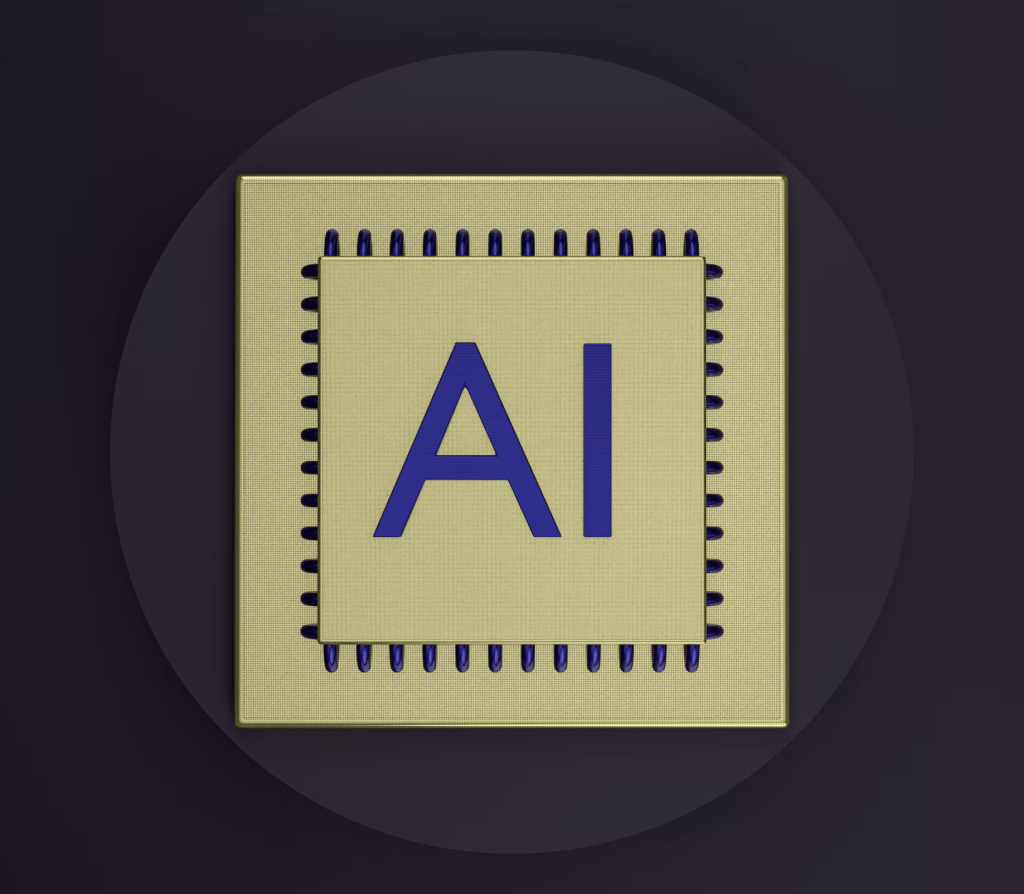
In this dynamic landscape, electrical engineers aren’t just passengers; they’re the captains of their fate. They know that to ride this technological wave, they need to be prepared. Universities and online academies have thrown open their doors to offer retraining programs, empowering engineers to evolve and stay relevant in this ever-shifting terrain.
AI Challenges and Adaptation
Of course, every great adventure comes with its fair share of challenges. The specter of job displacement looms large, but engineers aren’t giving in without a fight. They’re arming themselves with new tools – coding, debugging, programming – and embracing robotics. With these new skills, they’re poised to thrive in this age of automation.
But remember, dear reader, while Artificial Intelligence can handle many tasks, it can never replace the human touch. Engineers are the creative minds, the problem solvers, the ethical compasses that guide us through this brave new world.
The Impact of AI on Electrical Engineering Disciplines
Now, let’s explore how Artificial Intelligence has redefined various electrical engineering disciplines:
Power Systems Engineering: AI, the orchestrator of power, is optimizing grids, predicting equipment glitches, and seamlessly weaving renewable energy into the mix. Power systems engineers are becoming AI’s trusty partners in ensuring grid reliability and adapting to our ever-evolving energy needs.
Control Systems Engineering: its precision is the heartbeat of modern manufacturing, automation, and autonomous vehicles. Control systems engineers are now the maestros, conducting symphonies of AI-enhanced control algorithms while ensuring safety remains paramount.
Electronics and Embedded Systems Engineering: In the realm of circuits, AI is the wizard behind the curtain, aiding in design, fault detection, and component optimization. Electronics engineers are harnessing this wizardry, crafting smaller, smarter devices that meet safety and performance standards.
Communication Engineering: Across vast digital networks, Artificial Intelligence stands as the vigilant guardian, enhancing signal processing, optimizing networks, and fortifying cybersecurity. Communication engineers are the architects of this digital citadel, ensuring networks remain reliable, secure, and efficient.
Robotics and Automation Engineering: robots are the stars of the show, from manufacturing floors to healthcare and even space exploration. Robotics engineers are taking the lead in refining AI-driven robotics, making them more adaptable and safer for human collaboration.

Renewable Energy Engineering: In the world of renewable energy, AI is the magician optimizing production, storage, and grid integration. Renewable energy engineers are riding the AI wave to maximize sustainability and minimize environmental impact.
Predictions and Investigations
As our tale unfolds, the crystal ball reveals predictions and investigations that continue to shape this brave new world:
AI in Power System Stability: AI’s role in maintaining grid stability and taming the unpredictable nature of renewable energy is crucial. Researchers are delving into AI algorithms to predict and mitigate grid instability caused by intermittent energy sources.
AI in Control Systems Safety: The quest for AI-enhanced safety and efficiency in critical applications marches on. Researchers are pioneering safety mechanisms to detect and respond to system failures in real-time.
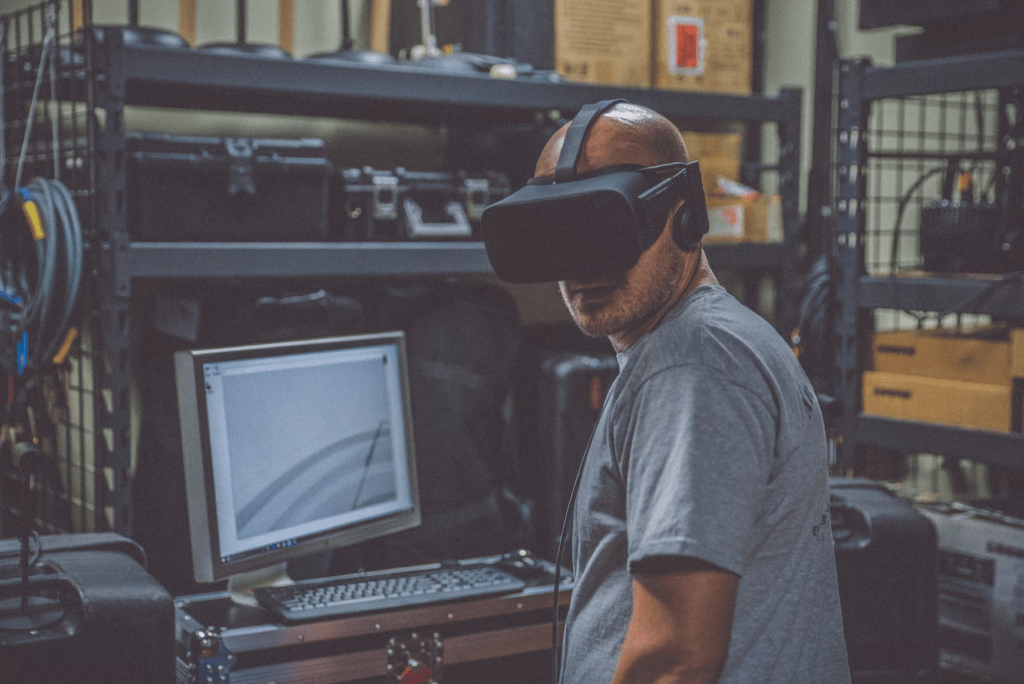
AI in Electronics Miniaturization: Artificial Intelligence is fast-tracking the miniaturization of electronic components, opening doors to smaller and more powerful devices. Studies are underway to explore AI-driven design processes for nanoscale electronic wonders.
AI in Communication Network Security: its role as the guardian of communication networks against cyber threats is ever-evolving. Research is focused on AI-based intrusion detection and prevention systems to safeguard our digital realm.
AI in Autonomous Robotics: robots are becoming increasingly autonomous and adaptable. Engineers are developing systems that allow robots to learn from their environment and adapt to ever-changing conditions.
AI in Renewable Energy Forecasting: its role in improving renewable energy forecasting accuracy is a game-changer for grid management. Researchers are crafting AI models that integrate weather data, energy consumption patterns, and renewable energy sources to optimize energy production.
AI Unexpected Benefits
Our journey isn’t just about job displacement; it unveils unanticipated treasures. Automation eradicates human errors, slashes costs, and liberates engineers to focus on creative problem-solving and innovation. It’s a symbiotic dance between man and machine, where automation enhances human ingenuity.
Summary
In this ever-evolving landscape, Artificial Intelligence isn’t an adversary but a steadfast ally, amplifying human capabilities. Electrical engineers will continue to be the architects, the builders, and the guardians of AI-driven systems, ensuring their safety, efficiency, and ethical use.
As investigations and research continue to unfold, the potential of Artificial Intelligence in electrical engineering is limitless. The future holds exciting possibilities, from more efficient power systems to safer autonomous robots. So, dear readers, stay tuned as electrical engineering and AI join forces to craft a world where innovation knows no bounds. The adventure has just begun, and the best is yet to come.



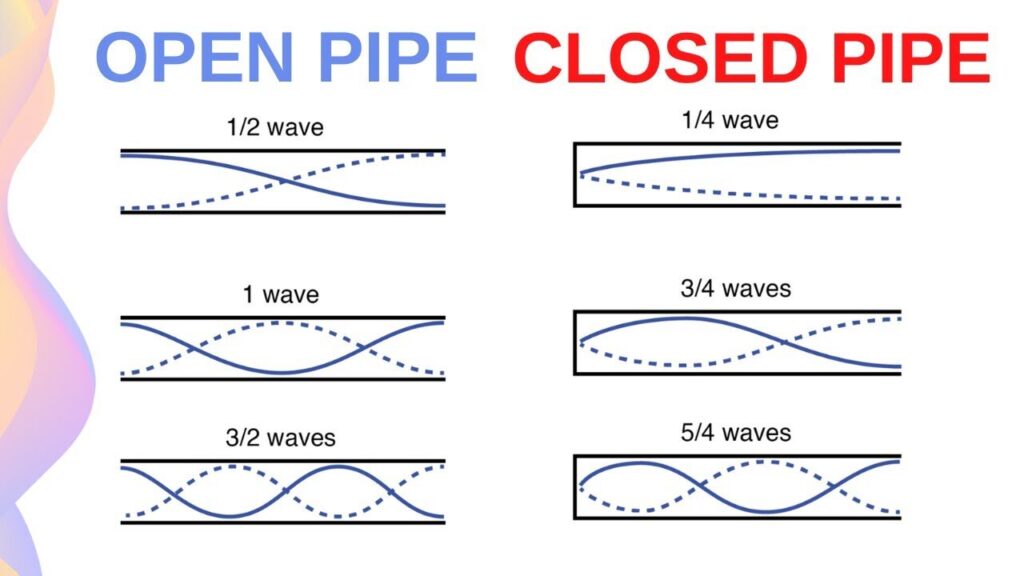
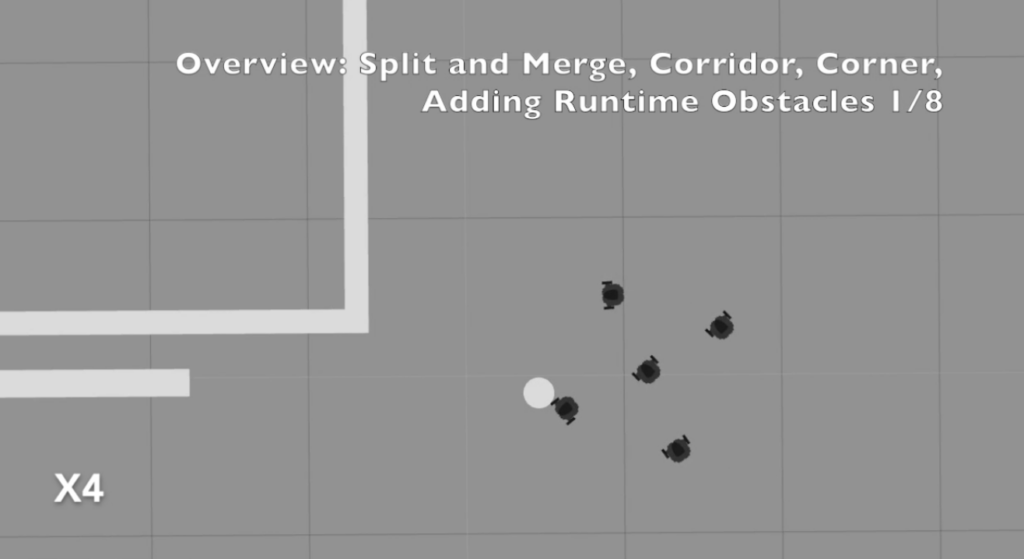

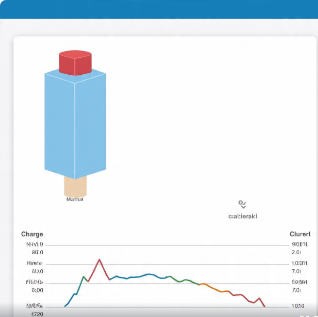


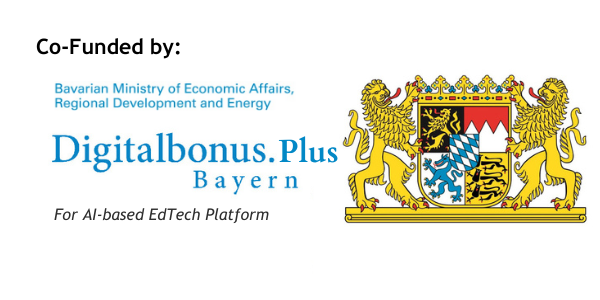



Responses